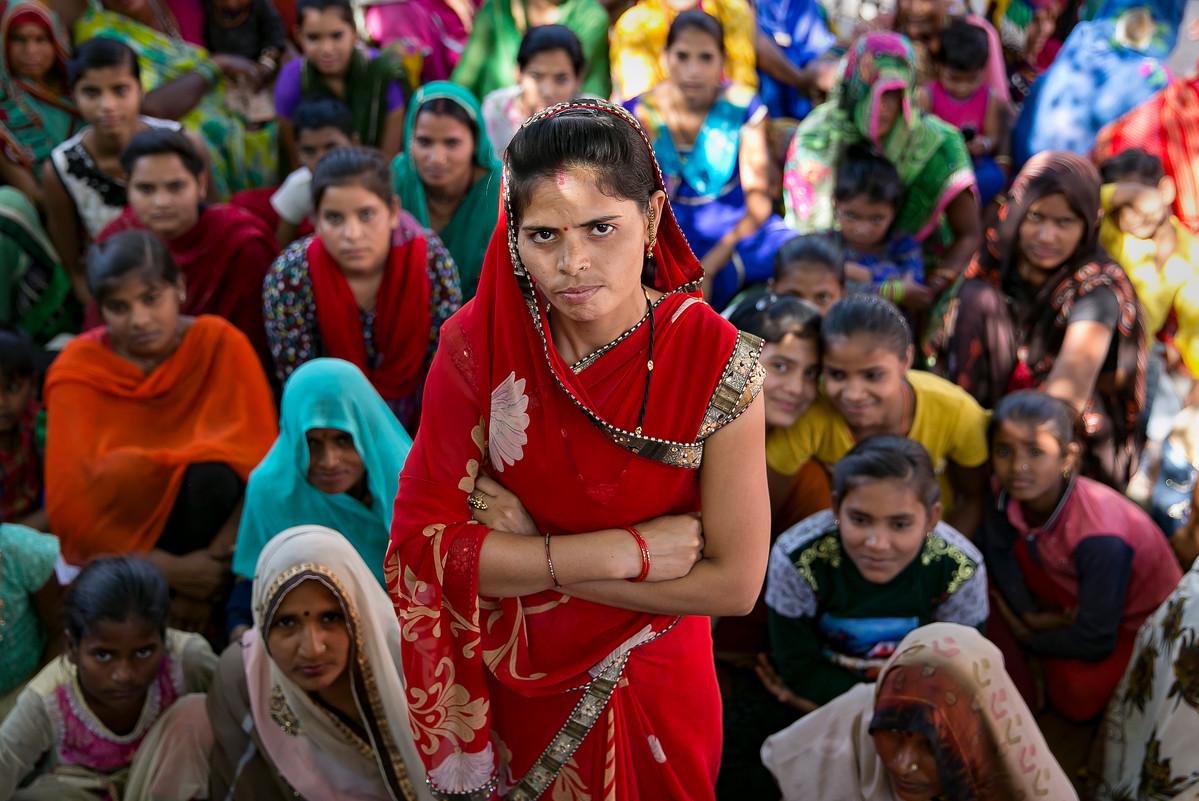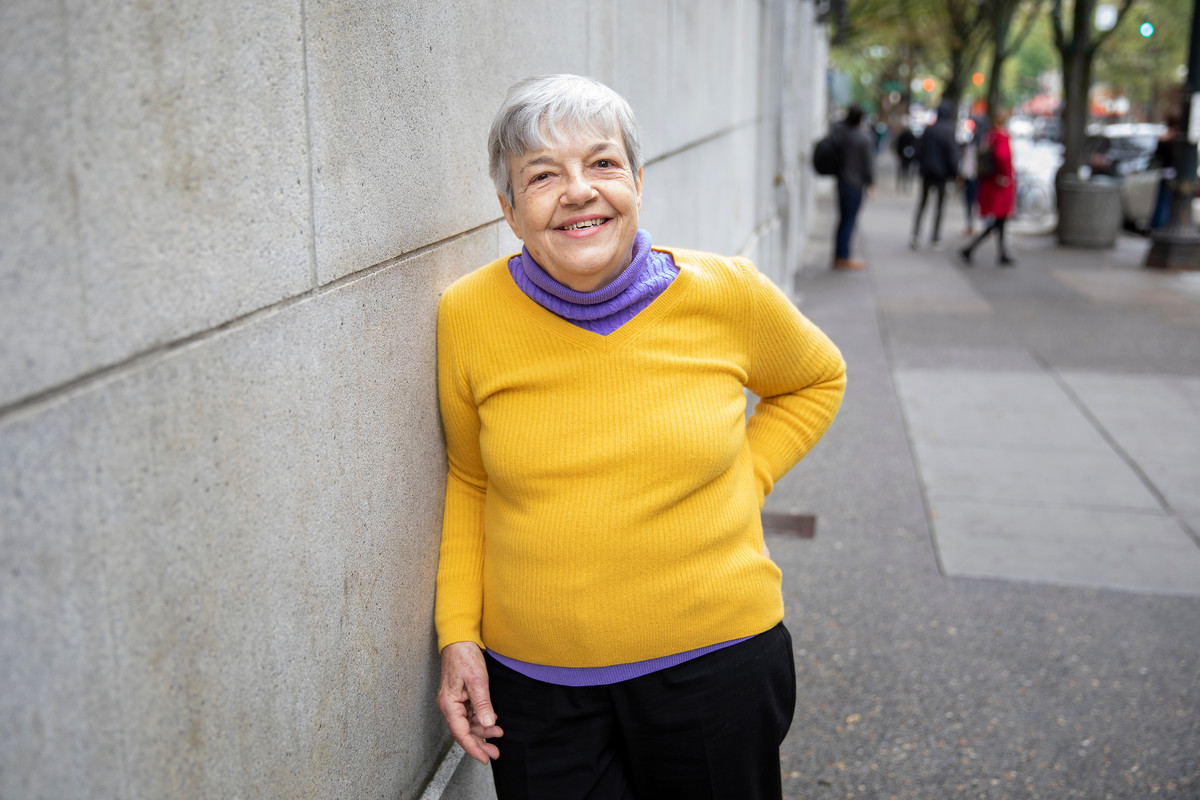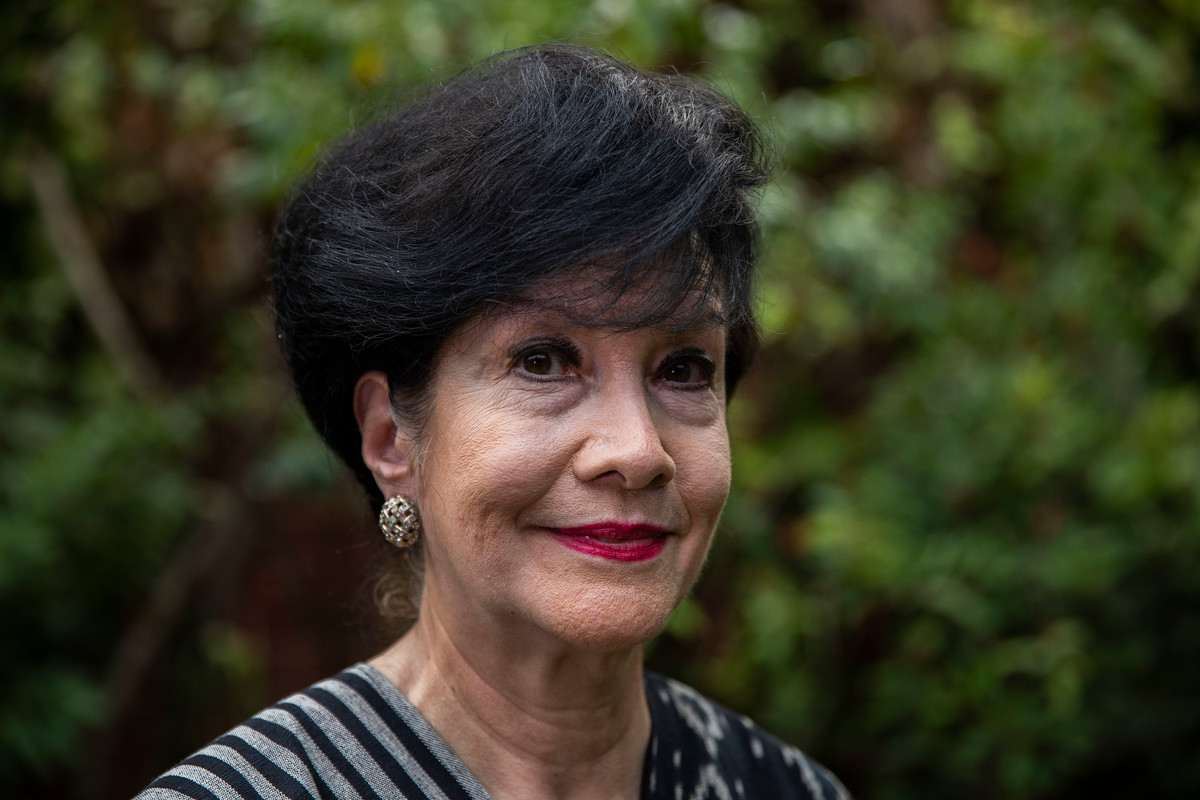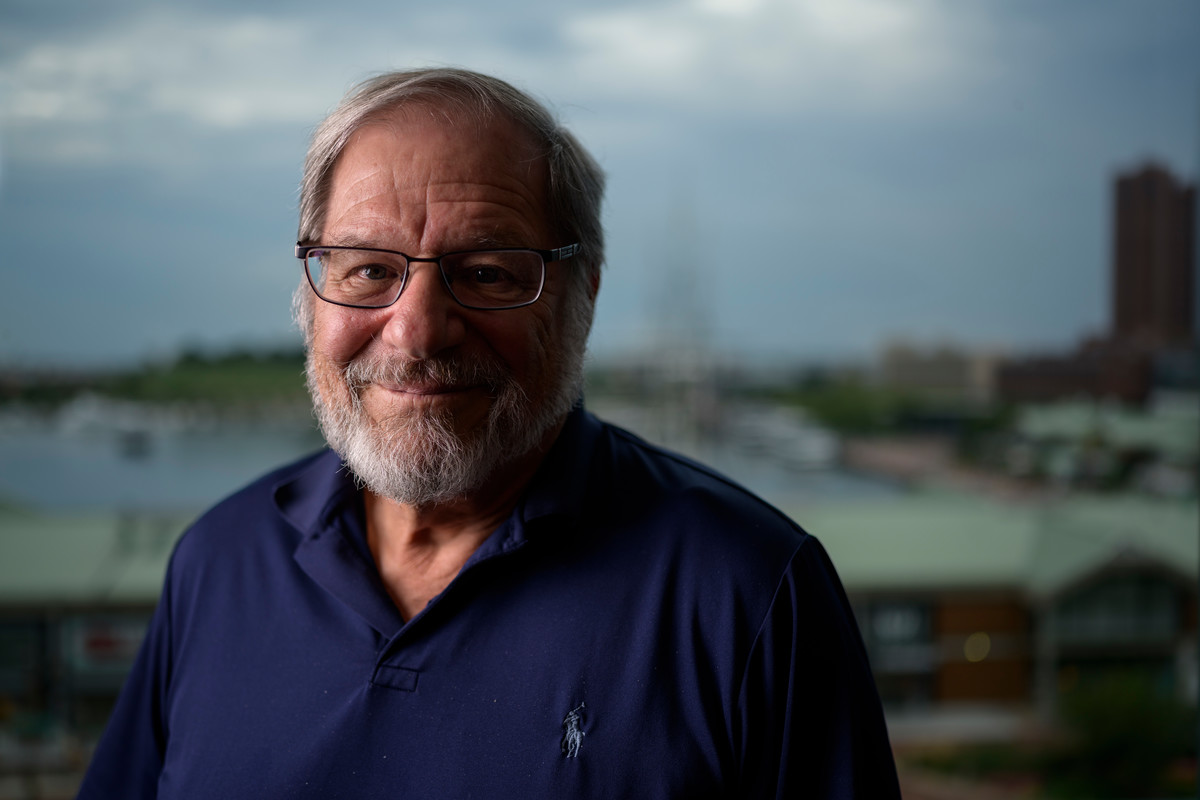For Marge Berer, the arc of history in the fight for safe abortion is a long one.
“You go way back in history, thousands of years, and you can read about women terminating pregnancies with whatever means are to hand — so either we make that safe or we don’t,” she says. “For me that’s the bottom line.”
Berer is a veteran of the fight for women’s right to safe abortion, with a campaigning career spanning five decades. Today, she works as coordinator for the International Campaign for Women's Right to Safe Abortion and as a writer and events organizer.
But like many in the safe abortion movement, it was an intense personal experience — in her case, navigating UK abortion services in the 1970s — that spurred her to action.
“[Having an abortion] was a difficult decision, as it is for most women,” she says. “Once I took that decision, I never looked back.”
Fighting for women’s freedoms
Berer spent the 1970s working for the UK’s National Campaign for Abortion and the International Campaign for Abortion Rights, and in the 1980s joined the Women’s Global Network for Reproductive Rights. In 1993 she founded Reproductive Health Matters (now called Sexual and Reproductive Health Matters) with TK Sundari Ravindran.
Whether lobbying governments, forging coalitions or penning articles, for Berer the fight for women’s right to safe abortion is part and parcel of the fight for their human rights and freedom.
“To me, the end point is women’s right to life and health on her own terms — part of which is universal access to safe abortion on a woman’s request, no matter what the grounds,” she says.
“We have been working for centuries to try and create a situation for women where they can become … full citizens in their countries, get educated, work, contribute to their societies, and be creative, use their intelligence. And the only way that that’s possible, for biological reasons, is if we can control pregnancy and make decisions about whether and when to have children.”
From Cairo to Nairobi
Speaking just before the UN’s International Conference on Population and Development kicks off in Nairobi, Berer reflects on how far we have come since ICPD 1994.
In September that year, as editor of Reproductive Health Matters, Berer travelled to Cairo to join 20,000 people from 179 countries intent on thrashing out a new vision for global development — one that would intelligently reflect interconnections between population, development and wellbeing.
Worldwide poverty is “bad enough now, but [back then] it was so much worse,” meaning ICPD was “dominated by population and development and the promotion of family planning,” she says.
But efforts by the feminist movement brought “a real attempt to get past the population control ideology and … come up with a programme of action that took account of sexual and reproductive health and rights” and how these connect with development and wellbeing.
The resulting Programme of Action was “an exceedingly progressive document — in its time even more so, but even today,” Berer says.
A compromise with devastating consequences
But when it came to abortion, the call for safe and legal abortion caved under pressure from a pro-choice and conservative movement at loggerheads.
“Abortion became the most controversial issue at the conference,” Berer says. The now infamous ‘Cairo Compromise’ stated that where abortion is legal then it must be safe, and where it’s unsafe, post-abortion care is permitted.
ICPD 1994 also said that abortion should never be promoted as a method of family planning.
“It meant that abortion when a woman’s life is at risk … [and] on the grounds of rape and sexual abuse is legal,” Berer explains. “But nobody’s interpreted it that way. Countries did not change their laws ... All they saw was: abortion should never be promoted as a method of family planning — and that [to them] meant any abortion on the grounds of unwanted pregnancy was unacceptable.”
“[Those sentences] have had very negative consequences,” making the fight for safe abortion far harder. “It was one of the most brilliant anti-abortion moves that I have ever seen.”
Next steps in Nairobi
Unlike Cairo, ICPD+25 won’t deliver a new Programme of Action. “There has always been a fear that if they negotiate a new document, we’ll go backwards,” with the increasingly “vicious” anti-abortion government in the US and the reintroduction of the ‘Global gag rule’ stoking campaigners’ fears.
“The anti-abortion movement in the US is led by extremely clever people who know how to organize a right-wing movement,” Berer says. “The greatest threat to access to safe abortion is misogynistic, right-wing men who think they should control our lives.”
But Berer is positive that public pressure makes momentum unstoppable.
“What I hope is that there is so much pressure from so many places at this stage in history to make abortion safe and legal, that ICPD is not going to stop it and it is not going to help it.”
“I think many more governments [realize] that they have to support the right to contraception and at least some grounds for safe abortion and a population and development programme that takes account of current realities in the world” — one that is “fair and rights-based and opposed to the kind of restrictions that the anti-abortion movement wants to impose on it.”
Revolutions under the radar
People power, protest and the internet are also grounds for optimism and force governments to reconsider their positions, she adds. “Young women today know things it took me thirty years to find out. It’s fantastic how up on the issues they are and how articulate. And that gives huge amounts of hope for the future.”
Hotlines and websites provide unprecedented access to abortion drugs and information. “I think the fact the current women’s movement is both providing abortion pills outside healthcare systems — and information on how to use them safely — is probably the current revolution in this field,” Berer says.
In a world where 810 women still die every day from preventable causes related to pregnancy and childbirth, these small acts of revolution bring vital change.
when












